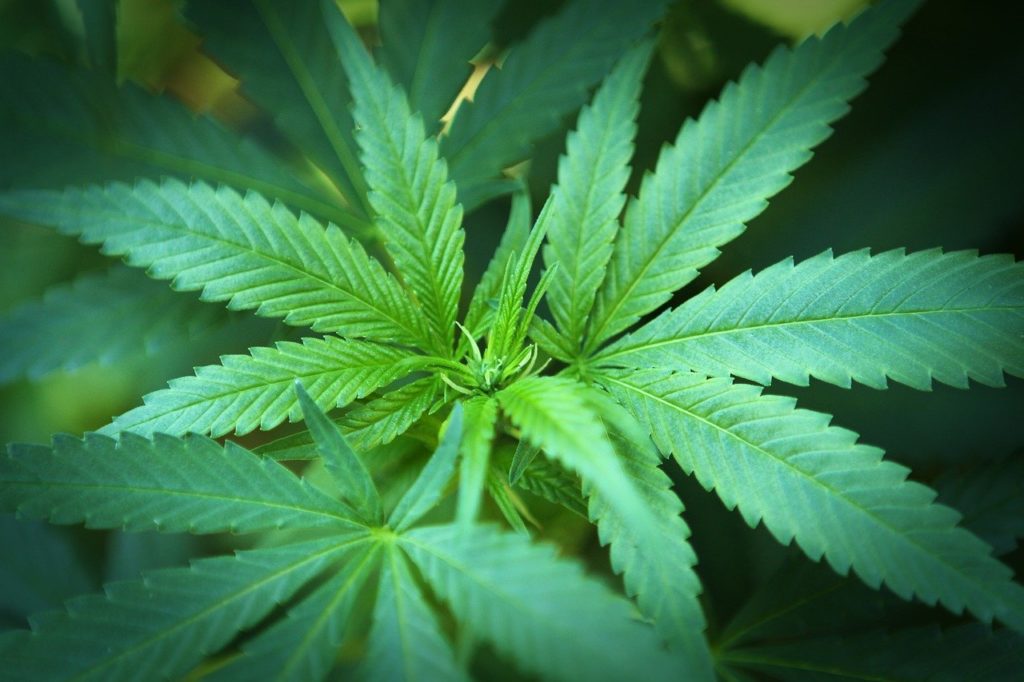The International Council for Narcotics Control warned this Thursday, March 9, that the legalization of cannabis for recreational use could lead to an increase in consumption, especially among young people, and will not reduce associated crime.
The warning is made in the message of the president of the International Council for Narcotics Control (INCB, its acronym in English), Jagjit Pavadia, at the beginning of the annual report of the body, for 2022.
The study indicates that it has analyzed “this trend in detail among a small number of governments” and observed “that the legalization of cannabis can cause many negative effects on health, especially among young people”.
The organization points out that the non-medical use of the drug “violates the Single Convention on Narcotic Drugs of 1961”, which classifies it “as a highly addictive substance”.
According to the report, in jurisdictions where cannabis has been legalized for recreational use, there has been "increased consumption" of the substance, as well as an "increase in health effects and psychotic disorders" and a "negative impact on road safety". ».
«About 4% of the global population, around 209 million people, use cannabis (data from 2020)», which makes it the «most used illicit drug in the world», indicates the release of the report, adding that «the cultivation of the plant has registered a growth trend in the last decade» and that the number of users «has grown by 23%».
Drug use varies widely across regions, but "is highest in North America, Oceania and West Africa".
The INCB also draws attention to the fact that legalization results in a «lower perception of the risk» of its use and «is particularly concerned with the expansion of the cannabis industry», which markets drug-based products «attractively to consumers young people," says Jagjit Pavadia.
On the other hand, the council stresses that there is «little reliable data available on the impact of cannabis legalization to draw meaningful conclusions» and that «the variety of models» used makes it difficult to transfer datasets from one country to another and that predictions about the successes or failures of eventual legalization.
It therefore recommends that "the effects of cannabis use on individuals and societies be further studied before binding long-term decisions are taken".


















Comments